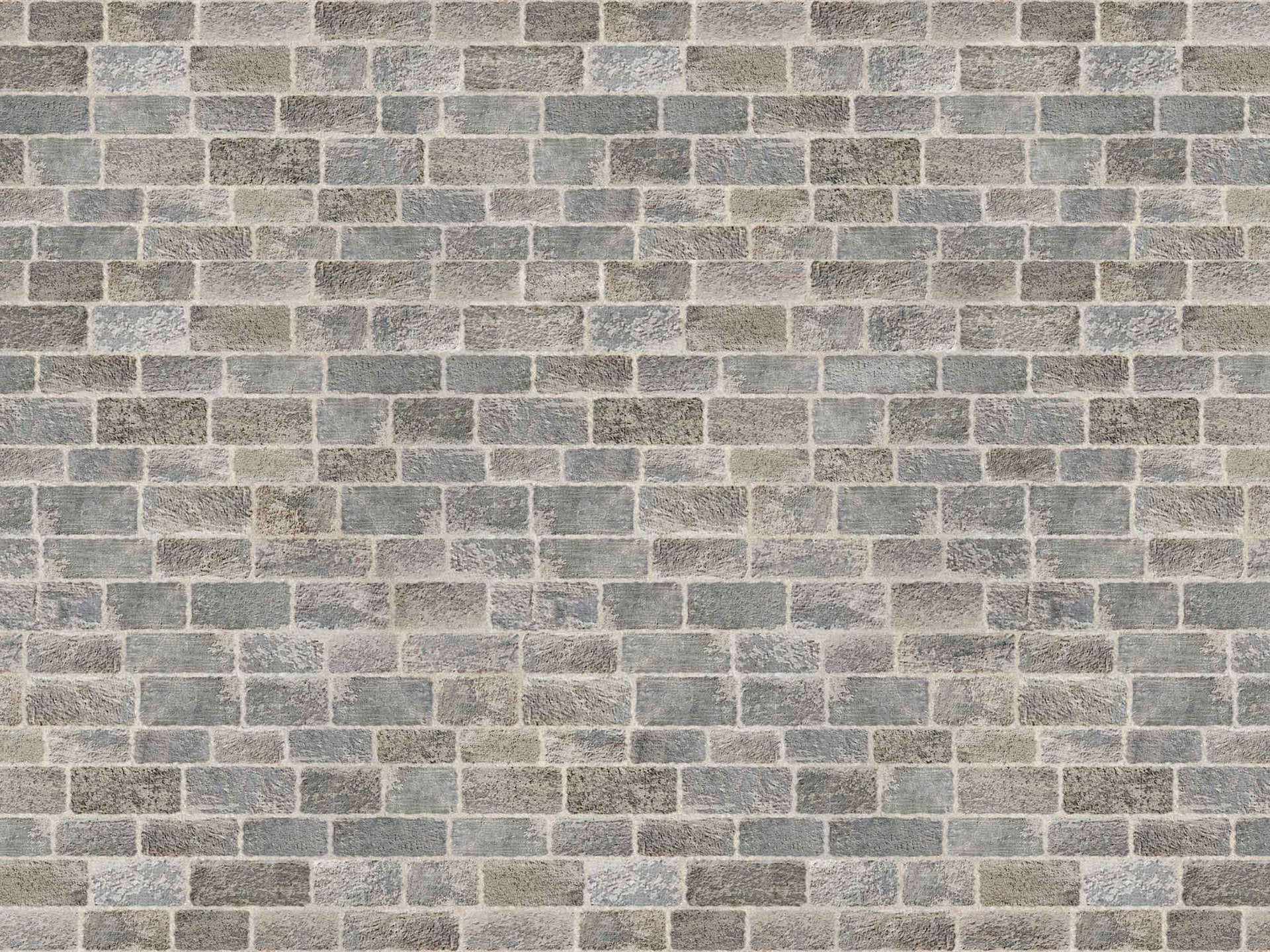5 Advantages of Brick Waterproofing
 Water is a common culprit for causing damage to brick walls. Even the most minor cracks and gaps can allow water to enter. This can lead to many problems, including crumbling, cracking, and corrosion. It can also cause efflorescence, a white powdery substance that builds up on the brick surface.
Water is a common culprit for causing damage to brick walls. Even the most minor cracks and gaps can allow water to enter. This can lead to many problems, including crumbling, cracking, and corrosion. It can also cause efflorescence, a white powdery substance that builds up on the brick surface.
Table of Contents
Prevents Cracks
Brick is a porous material; the interior can expand if too much water penetrates it. This can lead to structural damage. Fortunately, a brick waterproofing treatment can help prevent moisture from seeping into the masonry. It can also prevent mold and mildew from growing on the surface of the brick. In addition, it can help protect the brick from fading due to UV light exposure. This can help keep the brick looking new and attractive for longer. Waterproofing your masonry is especially important for properties subject to extreme weather conditions like rain or snow. Severe weather can cause the brick to crack, break or crumble, resulting in serious foundation issues.
Prevents Water Damage
If you live in an area with a high water table or frequent flooding, you may be dealing with water damage on your building’s exterior. Bricks are porous materials and can easily absorb water, especially if not properly sealed. Eventually, this can cause your brick to expand, crack, and deteriorate the mortar between the bricks. Regular maintenance, including brick pointing and repointing, is necessary to protect your home from moisture. Properly constructed buildings flash on the foundation’s top and bottom, diverting water from the foundation. If not, water will pool around the foundation and then leak into the interior of the building.
Prevents Salt Buildup
Natural mineral surfaces such as brick & stone are porous, meaning they absorb moisture. This can cause a range of building issues, from dampness to spalling & cracking brickwork. Efflorescence occurs when water-soluble salts (Na3SO4 and K2SO4) are absorbed into the building material. The moisture then dissolves these salts, carries them to the surface, and leaves them behind as the water evaporates. Efflorescence can be prevented by eliminating two conditions that cause it – the movement of moisture and the presence of soluble salts in the building material. This can be achieved through several methods, but the most effective is eliminating moisture activity.
Prevents Mold and Mildew
Unsealed brick can be prone to mold and mildew growth, which can cause discoloration. This is especially true for basements and other masonry surfaces where high moisture levels are expected. Waterproofing brick walls prevents the formation of these spores and reduces their spread. It also helps keep your home looking clean and fresh. Penetrating dampness is a common problem that can cause significant damage to your building fabric, wallpaper, furniture, and other belongings. Several factors, including a lack of weather-tightness on the masonry walls, can cause the problem. These building defects allow water to penetrate the walls and seep into other areas, such as skirting boards or internal timbers.
Prevents Damage to the Foundation
Brick is a sturdy masonry material that can withstand bad weather. However, it’s also a porous material that can become damaged by water, which is why it’s so essential to waterproof your foundation. The first step to waterproofing your foundation is ensuring a proper drainage system. This ensures that water can’t build up around your foundation and cause serious problems with your home or commercial building. Once you have this setup, it’s time to focus on waterproofing your brick walls. This will help prevent many problems, including water damage, mold growth, and cracking. This process can take a little work, but it’s worth it for the long-term health of your home.









